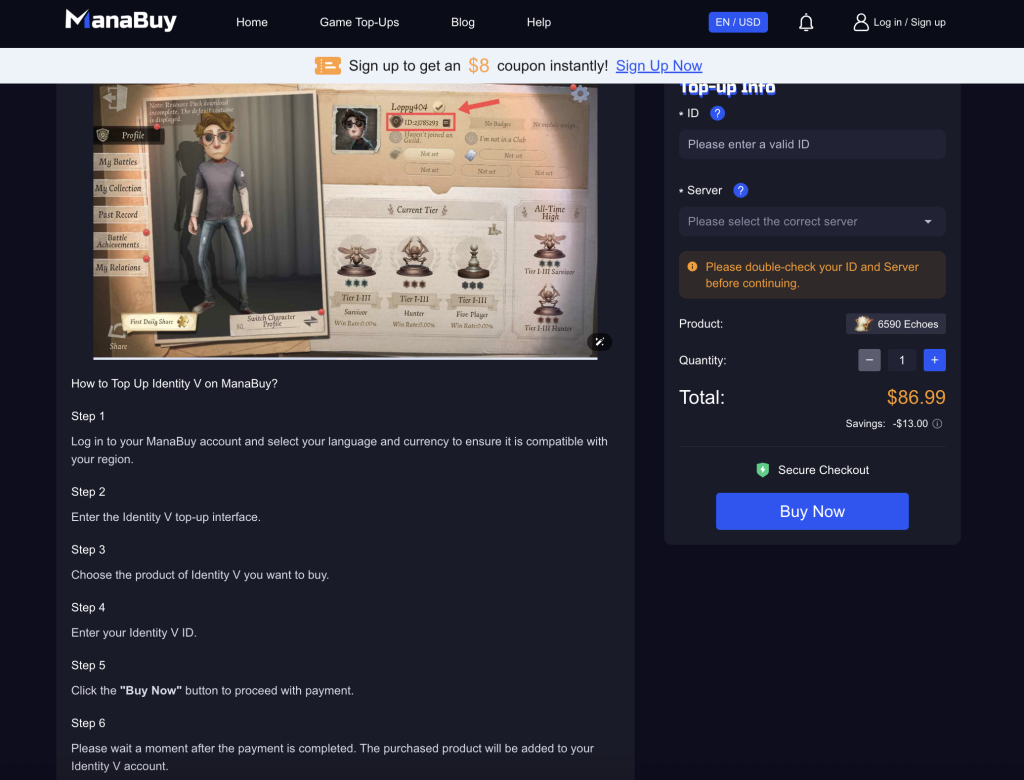In today’s financial world, maintaining a healthy credit score is essential for securing loans, mortgages, and financial opportunities. However, errors, inaccuracies, and outdated information on credit reports can damage credit scores and limit financial access. This is where AI credit repair services come into play. Powered by Artificial Intelligence (AI) and advanced algorithms, these services offer efficient, accurate, and scalable solutions to help individuals and businesses improve their credit scores.
What Are AI Credit Repair Services?
AI credit repair services utilize advanced technologies like machine learning, data analytics, and predictive algorithms to scan, analyze, and resolve errors in credit reports. Unlike traditional credit repair methods, which rely heavily on manual reviews and generic dispute letters, AI tools can identify errors with unmatched precision and create tailored dispute strategies for each credit issue.
These systems are designed to handle multiple disputes simultaneously, automate communication with the three credit bureaus—Experian, Equifax, and TransUnion—and provide real-time updates on the dispute process. The result is a smarter, faster, and more cost-effective approach to credit repair.
How AI Credit Repair Services Work
- Credit Report Analysis: AI scans credit reports to identify inaccuracies such as late payments, charge-offs, incorrect balances, or outdated information.
- Error Detection: Using data analytics, AI tools cross-reference information across multiple data points to detect even minor discrepancies.
- Customized Dispute Letters: Instead of using one-size-fits-all templates, AI generates personalized dispute letters tailored to each error.
- Automated Submissions: AI systems submit disputes electronically to the three credit bureaus, ensuring faster processing times.
- Progress Tracking: Users receive real-time updates and recommendations on additional actions they can take to improve their credit scores.
- Continuous Improvement: AI learns from past disputes, refines its strategies, and adapts to new patterns to optimize future results.
Benefits of AI Credit Repair Services
- Speed and Efficiency: AI can process vast amounts of data and submit disputes almost instantly, significantly reducing wait times for results.
- Accuracy: AI eliminates human error and ensures that every dispute is precise, compliant, and backed by data.
- Cost-Effective: Automation reduces the operational costs associated with manual credit repair, making services more affordable.
- Scalability: Whether addressing one error or dozens across multiple accounts, AI systems can handle disputes efficiently without compromising quality.
- Transparency: Users can monitor their credit repair progress in real-time through intuitive dashboards and mobile apps.
AI Credit Repair vs. Traditional Credit Repair
Traditional credit repair services often rely on manual reviews, generic templates, and slower communication with credit bureaus. In contrast, AI credit repair services offer:
- Automated Dispute Processing: Faster submission and follow-ups with credit bureaus.
- Data-Driven Accuracy: Better identification of errors and strategic dispute generation.
- Scalable Solutions: The ability to handle large volumes of disputes simultaneously.
- Lower Costs: Reduced reliance on manual labor keeps pricing affordable.
Who Can Benefit from AI Credit Repair Services?
- Individuals: Those facing challenges with credit errors, identity theft, or outdated information.
- Businesses: Companies looking to improve their financial credibility.
- DIY Enthusiasts: Individuals who want to manage their credit repair independently using AI-powered tools.
The Future of AI Credit Repair Services
As AI technology continues to evolve, its applications in credit repair will only become more sophisticated. Future innovations may include predictive credit risk analysis, AI-driven credit-building strategies, and seamless integration with financial management platforms. The ability to provide personalized credit solutions and continuously refine dispute strategies makes AI an indispensable tool for modern credit management.
Conclusion
AI credit repair services are revolutionizing the credit repair industry by offering smarter, faster, and more effective solutions to resolve credit issues. With their ability to process large amounts of data, generate customized dispute strategies, and provide real-time updates, these tools are setting a new standard for credit management. Whether you’re an individual seeking to fix credit errors or a business aiming to enhance financial credibility, AI credit repair services provide a reliable and efficient path toward improved credit health. As technology continues to advance, the future of credit repair looks smarter, faster, and more promising than ever before.
